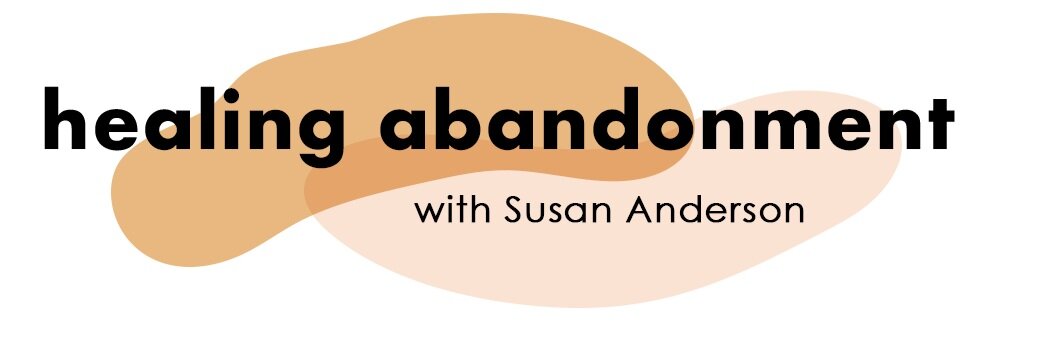Dealing With Isolation During COVID: We’re An A New Landscape, Surviving Together
Dealing with isolation during COVID-19 is not the same for everyone.
Here in New York, we are self-quarantining, and many are feeling their isolation. I’ve been getting similar feedback from you. Are you self-quarantining? What is it like where you are? How are you doing? How are your loved ones doing? We are all so grateful for the out-of-doors, our phones, and books and TV. Want to add anything to this list? What keeps you going? How are you dealing with isolation during COVID-19?
Businesses are suffering terribly along with the people who depend on them, hand to mouth, for their and their family’s very survival. Yet we are all cooperating and facing the big unknown, more or less together at our social distances.
Be in the moment
Live in day-tight compartments. Every moment counts. Life is unpredictable, spectacular, and precious. So, for instance, when evening falls, notice the gloaming – the moments when daylight transforms, ever so gradually, ever so perceptibly, into twilight. Keep noticing as it keeps transforming into the darker tones of nightfall. What a transition! We don’t need to be with friends, lovers, or families to tune into things in the moment. In fact, it is best done by taking a few minutes off by ourselves. It’s a way of celebrating the separateness of our own existence as self-reliant human beings. It’s a way of making those minutes count. This is an effective way of dealing with isolation during COVID-19.
Inner Child loves the moment
The inner child thrills when we take the time to get into the moment, especially when we do it in a yogic manner – deliberately, systematically, and consciously. It is a way of showing self-love, which Inner Child thrives on.
Me? I carry sleeves of disposable cups in my car, extra sweaters, coats, blankets and I visit friends outside. We don’t have to touch each other’s plates or glasses. The weather yesterday in New York was nippy. Being outside was a little uncomfortable unless briskly walking. Not everyone was up for brisk walking, so we just sat and visited. I breathed into the cold, relaxed my shoulders, got into the moment with the chill, kept the visit short, and went on my way.
Living in today
Today, it is raining, and I’m thinking of the people I know with porches, so we can stay dry. Mine is a little leaky. But I have a car; hence, I will travel.
My private practice is on my porch
I’ve moved my private practice to my porch where we can sit at a distance. I invite people to bring rain hats, don’t laugh. I’m also doing therapy by phone, Facetime, Zoom, Whatsapp, etc.
Not everyone can work remotely
But I know that working remotely is not an option for so many people out there who are now (or soon to be) unemployed and without pay. For these individuals, dealing with isolation during COVID may be tougher. So we are stressed by collective worries, thinking about each other, wishing the best for everyone.
Abandonment isn’t collective
When we go through a breakup, death, rejection, or snub it is not collective angst we feel. It is personal as if we alone have been singled out for disposal, while everyone else is basking in acceptance, going on with their usual lives.
With abandonment, we are not all in it together, we’re in a private, personal emotional crisis. Hence dealing with isolation during COVID is different. Caring about each other so as we are feeling compassion and solidarity with the whole world, let’s extend our support to the less visible wounds that people may carry. May we all stay safe and healthy.
PS: I have created a series of videos that take you step-by-step through the 5 Akēru exercises and other life-changing insights of the Abandonment Recovery Program.
Whether you’re experiencing a recent break-up, a lingering wound from childhood, or struggling to form a lasting relationship, the program will enlighten you, restore your sense of self, and increase your capacity for love and connection.
